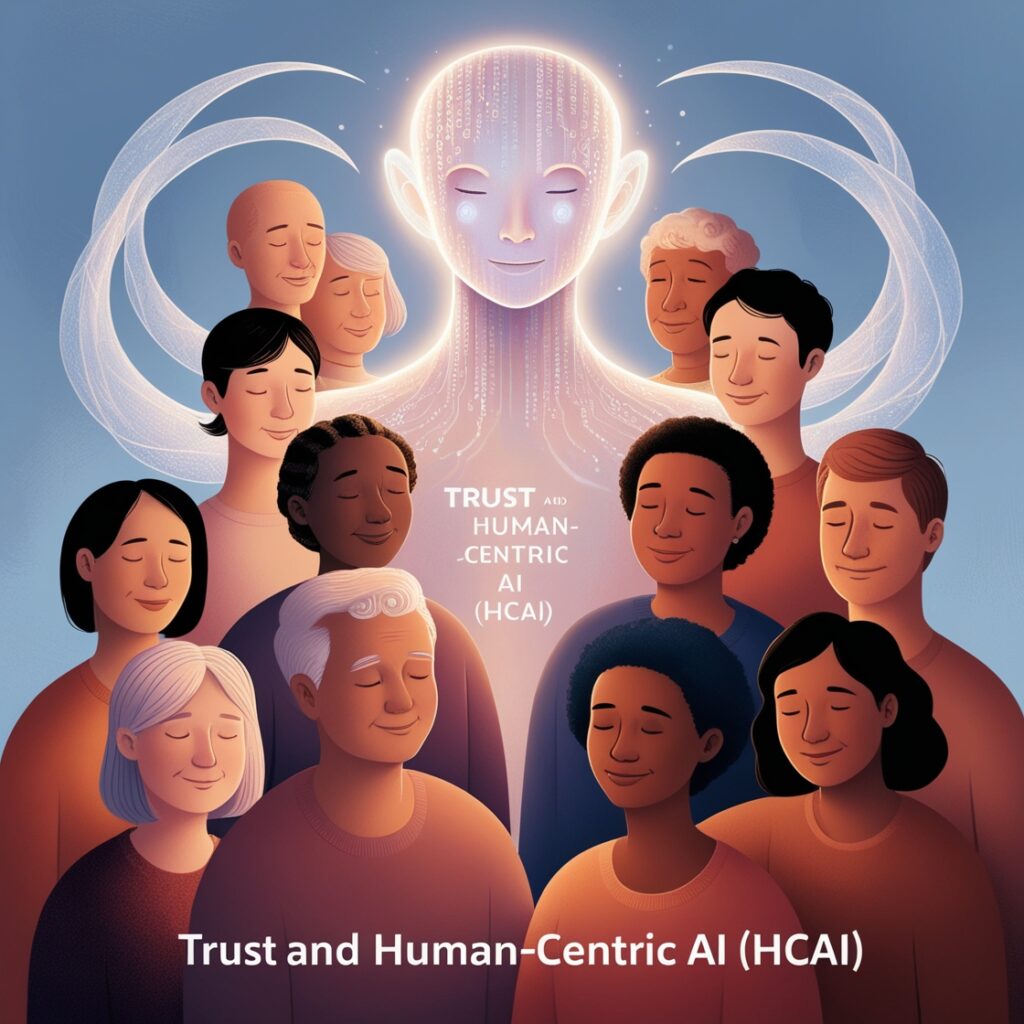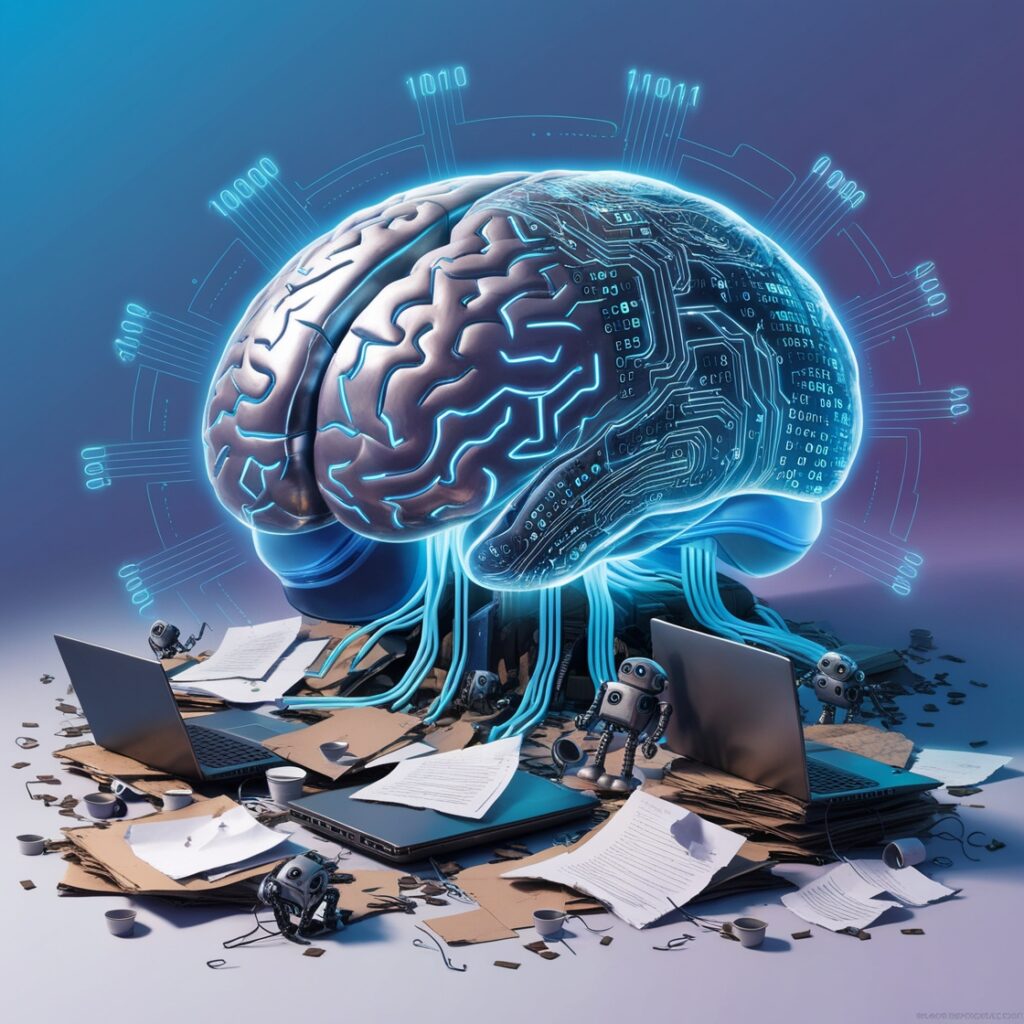Our program is unique in its faculty-wide collaboration, bringing together experts from various fields to address some of the most pressing challenges in Data Science today. Our program is organized around three primary research areas, each addressing critical challenges in Data Science:
1. Trust and Human-Centric AI (HCAI)
This area focuses on ensuring that AI systems are trustworthy, secure, and aligned with human needs. Research includes:

- Developing human-centered AI and explainable AI (XAI).
- Handling confidential and sensitive data (e.g., federated learning, privacy, synthetic data).
- Building trust in data, infrastructure, processes, and results.
- Intellectual property protection for ML models, including model-forensics and securing models.
Energy-efficient machine learning approaches.
2. Data Challenges
This category addresses the complexities of working with diverse and large-scale data sets, with a focus on:

- Semi-supervised learning and few-shot learning for better data labeling.
- Time-series analysis and forecasting of multi-modal patient trajectories.
- High-dimensional data analysis and reasoning, including multiple testing challenges.
- Automated text analysis and literature review.
- Data wrangling techniques for complex data sets.
- Clustering challenges, particularly in identifying subgroups in clinical trials.
3. Hybrid Models and Scientific Machine Learning (ML):
This area combines traditional scientific approaches with advanced machine learning techniques to enhance research and application:

- Lab automation, including reinforcement and active learning.
- Developing digital twins for simulations.
- Accelerating simulations using machine learning, particularly in molecular dynamics and CFD.
- Incorporating physical priors and physics-inspired neural networks.
- Linking patient phenotypes with biological or mechanistic hypotheses.
- Developing generative models with structured priors for scientific applications